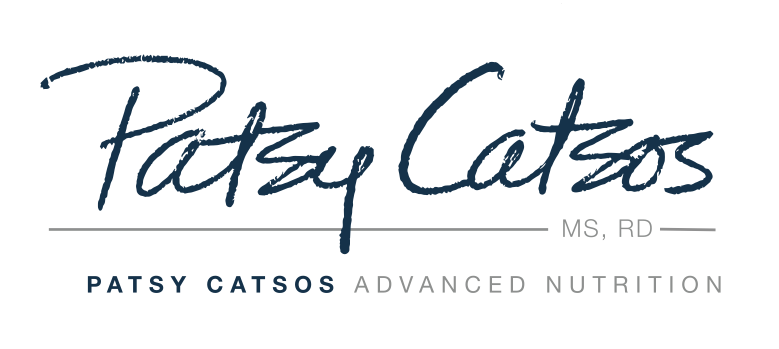Presented by Patsy Catsos, MS, RDN, LD and Kate Scarlata, RDN, LDN
Mastering the Low FODMAP diet for IBS: Beyond the Basics
A FODMAP-elimination diet is an evidence-based “learning diet” to help people with irritable bowel syndrome (IBS) effectively manage their debilitating gastrointestinal symptoms. To get the best outcomes with this approach, patients need more than a list of high- and low-FODMAP foods; they need detailed, customized, effective nutrition care planning from a knowledgeable dietitian/nutritionist. The low FODMAP diet has many nuances which can be confusing and overwhelming for the IBS patient and healthcare provider alike. Bring your IBS practice to the next level by developing your expertise in this cutting-edge and innovative nutrition therapy.
The foundation of the FODMAP approach will be established with an abbreviated review of the literature; emphasis will be on studies published in the past year. We will then cover a number of special topics that will expand your understanding of how to identify high- and low-FODMAP foods in the absence of a complete FODMAP nutrient database. The remainder of the course will be devoted to clinical decision-making during the delivery of the FODMAP diet, case studies and application of the diet while avoiding common pitfalls.
Delving into the nuances of the diet, health care professionals will gain the following insights:
· Not all probiotics are alike; learn which probiotics are most appropriate for your IBS patients and which should be avoided due to added FODMAP ingredients.
· Fiber supplements run the gamut from non-fermentable to highly fermentable. Help your IBS client choose the best fiber supplement as indicated for their health goals and GI symptom management.
· Without a biomarker, non-celiac gluten sensitivity is a diagnosis of exclusion. Are your patients unnecessarily eliminating gluten? Details on doing a gluten challenge will be provided.
· Detecting hidden FODMAPs in manufactured food ingredient list can be a daunting challenge. Help your patients understand the dos and don’ts.
· Understand the spectrum of fermentable fibers including non-FODMAP fibers such gums, pectin, and starches. Hint: Non-FODMAP fibers can cause gas too!
Who should attend: Health care professionals, particularly, registered dietitians/nutritionists with prior exposure to the FODMAP approach through self-study or attendance at a FODMAP training event. Limited to 80 attendees.
Educational Objectives: After attending this session, attendees will be able to
· List the common characteristics of FODMAP carbohydrates and how they act in a collective manner to trigger IBS symptoms
· Apply logic and mine data sources to identify whole foods and food ingredients suitable for low FODMAP diets including soy, corn, wheat, and dairy; starches; and gums
· Describe a possible treatment algorithm for the FODMAP approach with IBS patients
· Name three common pitfalls in the delivery of the FODMAP elimination diet
Schedule:
12:30-1:00 pm Registration
1 PM-1:45 PM Literature review: Evidenced based research supporting role of FODMAP approach for IBS and recent updates
1:45PM-2: 45 PM Suitable foods for low FODMAP diets
· What about various forms of soy, corn, legumes, wheat and dairy foods and derivatives?
· The fermentable fiber spectrum. What about gums, pectin and starches?
2:45 PM-3 PM Break
3 PM-4 PM Algorithms for FODMAP approach to managing IBS
· What if my patient hasn’t been diagnosed with IBS?
· What if my patient has another GI diagnosis?
· What if my patient has/hasn’t had breath testing?
· What if my patient isn’t a good candidate for the diet?
· What if my patient has SIBO?
· What if my patient fails to improve on the diet?
· What if my patient has partial improvement on the diet?
· What if my patient fails all the FODMAP challenges?
· What if my patient thinks she is dairy or gluten-intolerant?
· What if my patient is follows a plant-based diet?
4 pm-5 pm Practical Application and Case studies
Cost: $150.00
Refund policy: Refunds, minus a $25 handling fee, are available up to one week prior to the event. Refunds will be issued by check.

